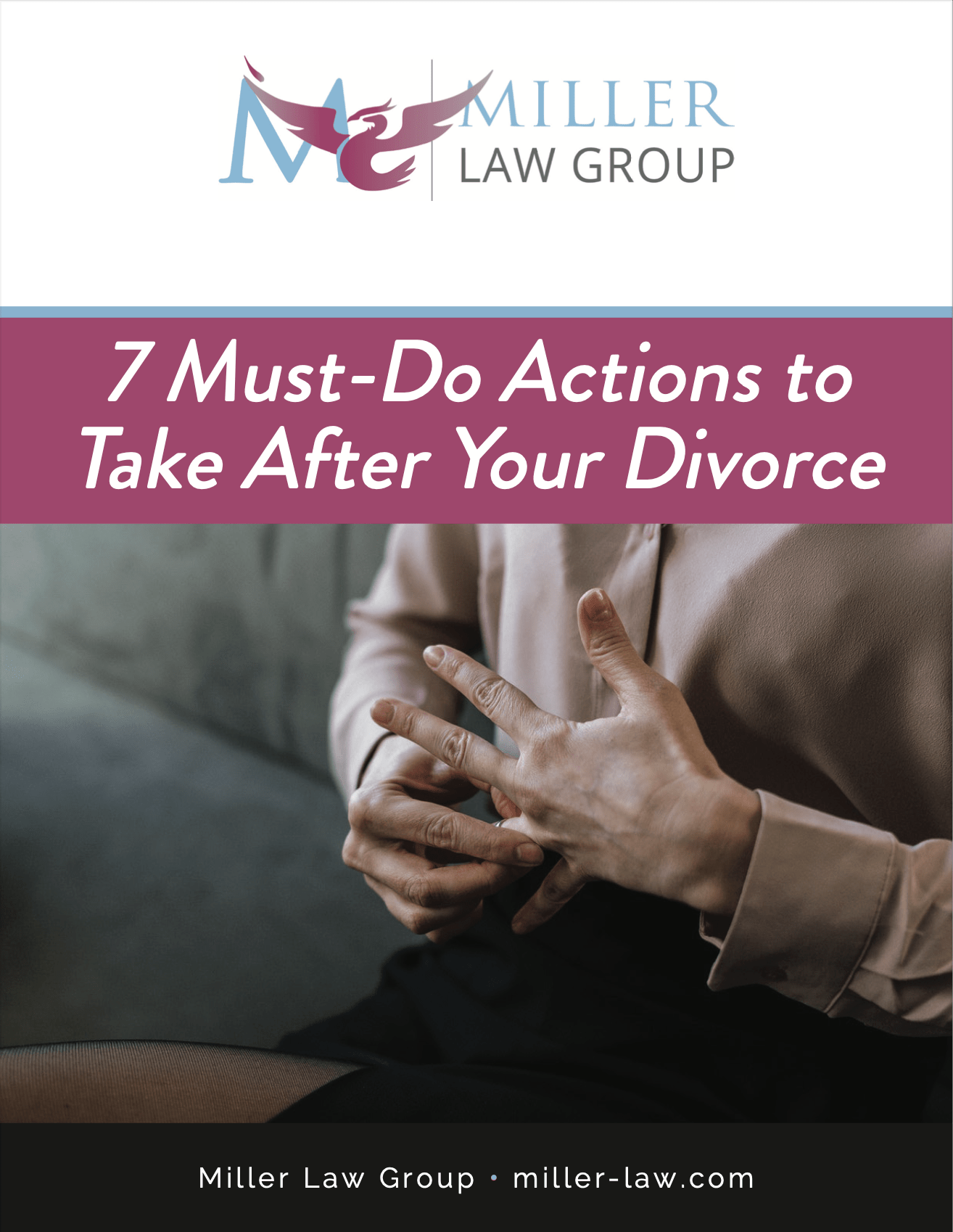More and more people are wondering, what is collaborative divorce? A simple Amazon search for books on “collaborative divorce” yields hundreds of results. Over the last 30 years, the approach has become a welcome way for couples seeking to end their marriages without anger and acrimony, but also without settling for something they’ll regret down the road. But that wasn’t always the case. Just a generation ago, there were no alternatives. Until Stuart Webb invented one.
Stuart coined the term “collaborative law” and opened up a new, more humane path to the dissolution of a marriage. I had the opportunity to sit down with him to discuss what is collaborative divorce.
Traditional Divorce vs. Collaborative Divorce
Stuart began as a litigating lawyer for family law in 1970. This was just as new no-fault divorce laws were rolling out across the country, and the divorce rate was climbing from about 20 percent in the 60s to nearly 50 percent. Business was booming. But after nearly two decades, Stuart came close to quitting the practice of law. He was burned out from the high-pressure, high-stress, unpredictable world of divorce litigation. He ended up taking classes at the University of Minnesota and nearly switching careers to become a psychologist.
Communication in Divorce
Then, in the mid-70s, when his own marriage reached a crossroads, he personally experienced the power of discussion. “I represented myself and my wife had a lawyer that I respected,” Stuart explains, “and we got it worked out.” He credits the power of the tools that make up what collaborative divorce is—discussion, dropping blame, compassion (for your partner, but also yourself)—with creating an atmosphere that ultimately helped them strengthen and return to their marriage.
He named that approach “collaborative law”. The name stuck and the idea of collaborative divorce was created.
What is Collaborative Divorce?
Collaborative divorce tries to remove the pressure that leads to bad decisions from the process. If discussion is simply used as a last-ditch approach “on the steps of the courthouse” the results are seldom satisfying. But if a couple decides to try collaborative, they can then embark on a different journey.
What the Process Looks Like Today
While the approach began as an alternative approach inside the lawyer’s office, now, collaborative divorce engages a team of lawyers, mental health professionals and financial professionals to guide the process. This team takes a non-confrontational approach. As Stuart points out, “in litigation, clients usually want to get mean lawyers who hate the other parties. And that’s the opposite of what we do in collaboration.”
Learn More About What Collaborative Divorce is from a Westchester Attorney
Collaborative divorce has evolved into a holistic process that encourages negotiation, healthy concessions, and forward-looking planning. If this approach sounds interesting to you, call a Westchester collaborative divorce lawyer to schedule a confidential consultation.














.png)